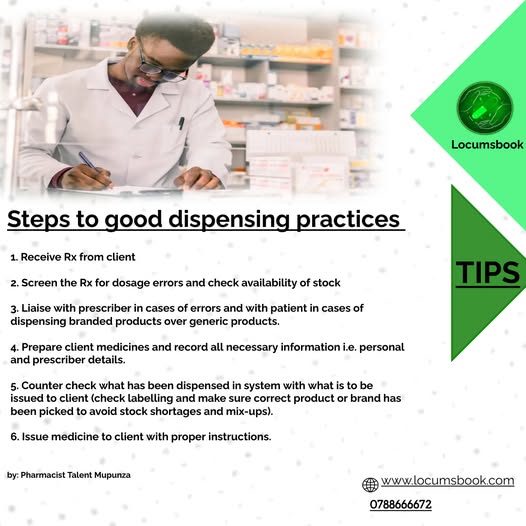Recognizing and Addressing Mental Health Challenges in Our Community
Mental Health Series
Featured Blogger
August 25, 2025
14/12/24
We, as health care professionals, are a community who not only care for the health of our patients, but
also strive to maintain our own wellbeing. However, the demands of our work and personal lives can
sometimes take a toll on our mental health. It's important that we look out for the warning signs, both
in ourselves and in our colleagues, and take proactive steps to address any issues that arise.
Identifying the Signs
Poor mental health can manifest in a variety of ways. Perhaps you've found yourself feeling more
fatigued than usual, struggling to concentrate on tasks, or experiencing changes in your appetite or
sleep patterns (Slade et al., 2020). You may also notice a shift in your mood, becoming more irritable,
anxious, or depressed. These are all potential indicators that something is amiss and it's time to take a
closer look.
It's equally important to be attuned to changes in the behaviour of our fellow pharmacists. Have you
noticed a colleague who is usually outgoing and gregarious becoming more withdrawn? Or someone
who was once meticulous in their work now appearing disorganized and forgetful? These subtle shifts
could signify that they are dealing with mental health challenges (Clement et al., 2015).
Taking Action
If you identify warning signs in yourself or a colleague, the next step is to address the issue directly, but
with empathy and care. Approach the conversation from a place of concern, not judgment. Let them
know you've noticed changes and that you're there to listen and provide support, not to make
assumptions or offer unsolicited advice.
Encourage the person to seek professional help, whether that's through a counselor, psychologist, or
their primary care physician. Many employers, including pharmacies, also offer Employee Assistance
Programs that provide confidential mental health services (Knifton & Quinn, 2013). Assure them that
their mental health is just as important as their physical health, and that there is no shame in needing
extra support.
In the meantime, there are steps we can all take to prioritize our own wellbeing. Engage in regular
exercise, even if it's just a daily walk around the block. Make time for activities that bring you joy and
help you de-stress, whether that's reading, listening to music, or spending time with loved ones. And
don't be afraid to take breaks throughout the workday to recharge and reset (Nieuwenhuijsen et al.,
2010).
Building a Supportive Community
As a Zimbabwean Pharmacist Support Group, we have a unique opportunity to create a culture of
openness and understanding around mental health. By sharing our own experiences and offering non-judgmental support to one another, we can destigmatize the conversation and empower our community
to prioritize their wellbeing.
We should also consider organizing group activities or workshops that focus on stress management,
mindfulness, or work-life balance. It is also crucial that we invite mental health professionals to speak to
the group and provide resources and guidance. And most importantly, check in on one another
regularly, both in and out of the workplace.
Remember, we're all in this together. By looking out for each other and taking proactive steps to address
mental health challenges, we can ensure that our community of pharmacists remains strong, resilient,
and capable of providing the highest level of care to our patients.
References:
1. Clement, S., Schauman, O., Graham, T., Maggioni, F., Evans-Lacko, S., Bezborodovs, N., ... &
Thornicroft, G. (2015). What is the impact of mental health-related stigma on help-seeking? A
systematic review of quantitative and qualitative studies. Psychological medicine, 45(1), 11-27.
2. Knifton, L., & Quinn, N. (2013). Public mental health: global perspectives. McGraw-Hill Education
(UK).
3. Nieuwenhuijsen, K., Bruinvels, D., & Frings-Dresen, M. (2010). Psychosocial work environment
and stress-related disorders, a systematic review. Occupational medicine, 60(4), 277-286.
4. Slade, T., Grove, R., & Burgess, P. (2011). Kessler Psychological Distress Scale: normative data
from the 2007 Australian National Survey of Mental Health and Wellbeing. Australian & New
Zealand Journal of Psychiatry, 45(4), 308-316


